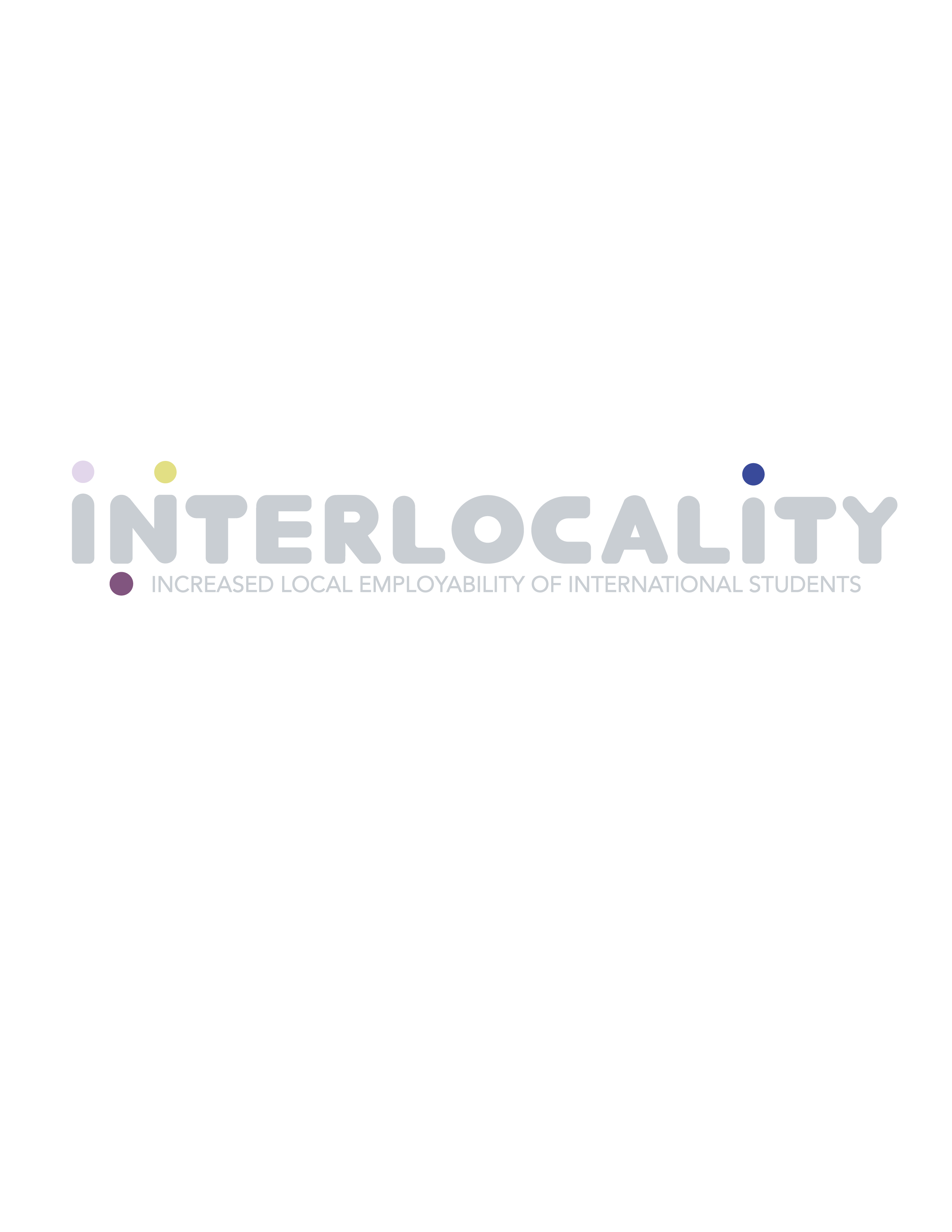A report from the INTERLOCALITY project co-funded by the EU, highlights that while Finnish employers recognise the benefits of hiring international students and graduates, their willingness remains a barrier to increased employment opportunities. The findings, based on interviews with ten employer organisations and three third-sector organisations, indicate that many perceived obstacles could be overcome with the right priorities and mindset shifts.
Willingness vs. ability
The report, by Arcada University of Applied Sciences’ INTERLOCALITY Project Manager Sandra Slotte, differentiates between employers’ ability and willingness to hire international students and graduates. While some challenges, such as language requirements and lack of resources, were initially viewed as ability-related, interviews revealed that these were often matters of willingness instead. If an employer prioritised international hiring, these barriers could often be overcome.
Challenges and barriers
Among the major challenges reported by employers were language proficiency requirements, company culture, and perceived lack of suitable tasks. While safety regulations requiring local language proficiency were a genuine barrier, other language-related requirements were often subjective and could be reconsidered.
Third-sector organisations, including government and non-government entities, reported only barriers—without identifying any enablers or opportunities. Their concerns centred around employer attitudes, financial constraints, and a lack of awareness about available support systems.
Collaboration with higher education institutions
Despite the reluctance in some areas, all interviewed employers stated that they collaborate with higher education institutions (HEIs). Internships were the most common form of collaboration, offering a structured way for international students to gain employment experience. Other partnerships included thesis projects, company visits, and talent pools. These collaborations were seen as enabling employment but required employers to be proactive.
Limited engagement with third-sector organisations
Employers were less engaged with third-sector organisations, often citing a lack of awareness about available support. These organisations offer services such as recruitment assistance, diversity training, and mentorship programmes, which could help address many perceived barriers.
Mismatch in support and employer needs
One of the report’s key findings was the disconnect between employer concerns and the support available. While employers cited willingness-related issues as primary barriers, most support programmes focused on improving ability. This gap suggests a need for better communication and targeted interventions to address employer reluctance.
Recommendations for the future
The report recommends increased efforts to enhance employer willingness to hire international graduates, including:
- Raising awareness about existing support mechanisms.
- Encouraging a shift in mindset regarding language requirements and cultural integration.
- Strengthening collaboration between employers, HEIs, and third-sector organisations.
- Highlighting the economic and demographic need for international talent in Finland.
As Finland faces labour shortages and an ageing population, integrating international graduates into the workforce could be a crucial step in addressing future employment challenges. The INTERLOCALITY project underscores the need for a combined effort from employers, educational institutions, and policymakers to facilitate this transition.
For more details, the full report and an executive summary are available at:
Employer deep dive report for Finland
Employer deep dive report for Finland – executive summary
Author:
Sandra Slotte, Senior Policy Advisor, Internationalisation
Arcada University of Applied Sciences
